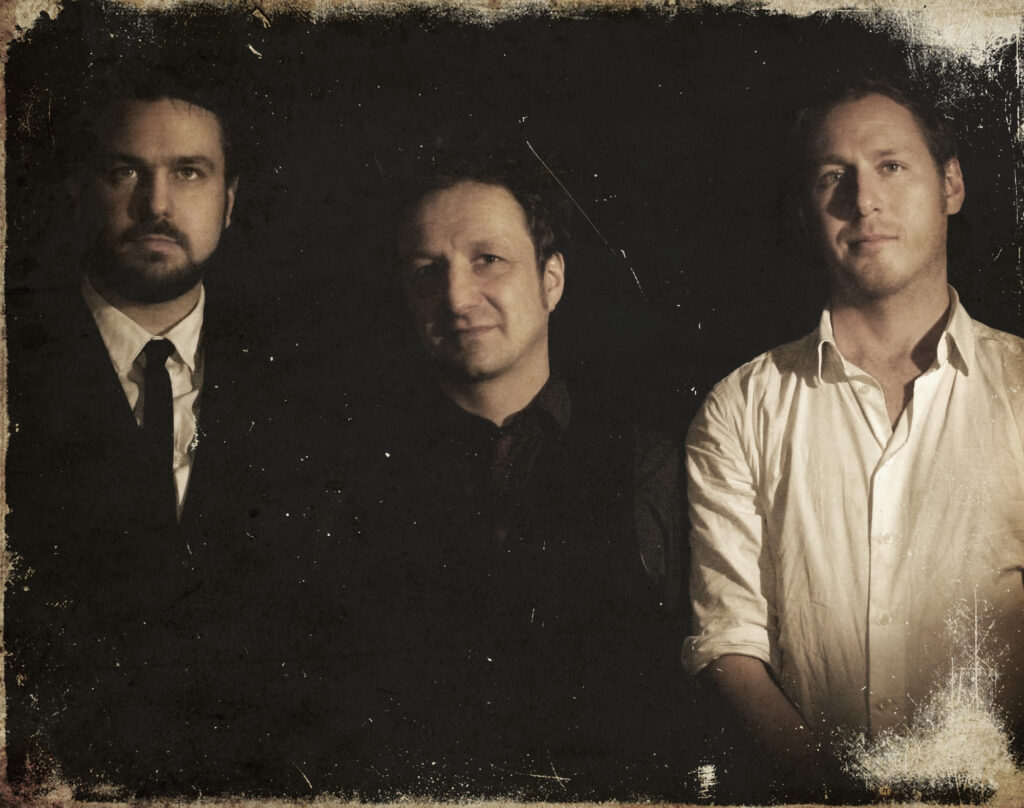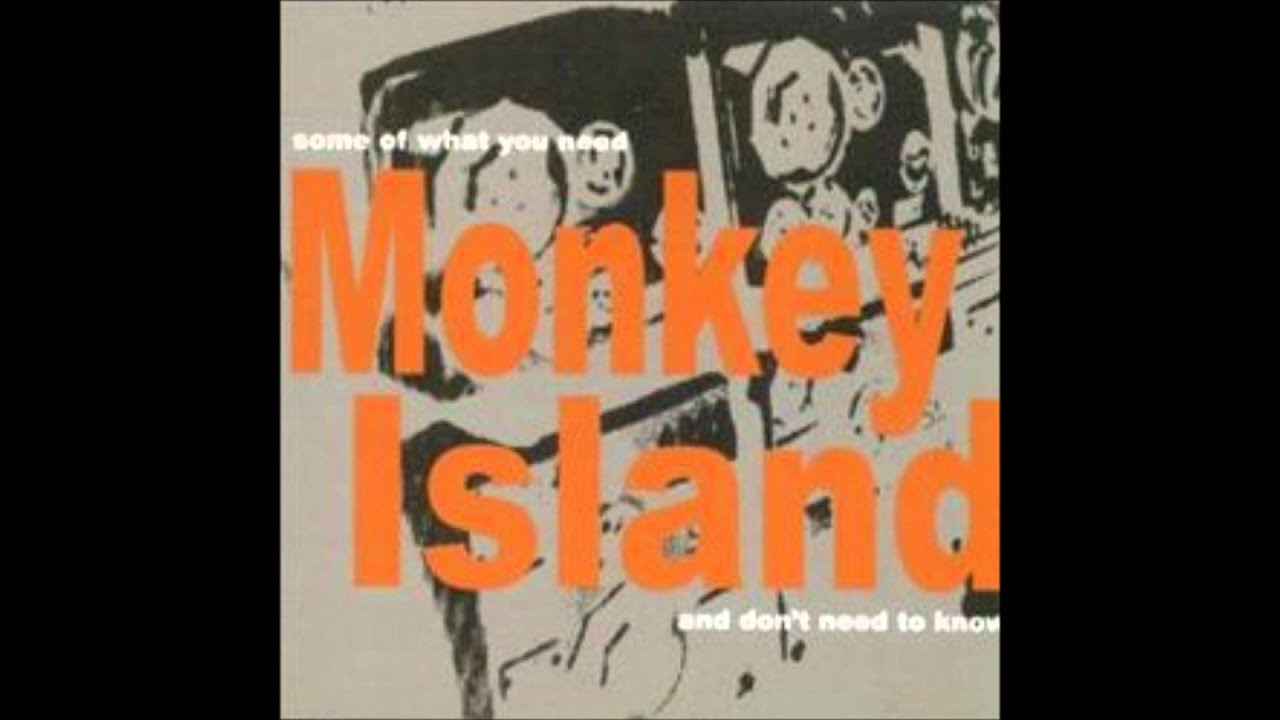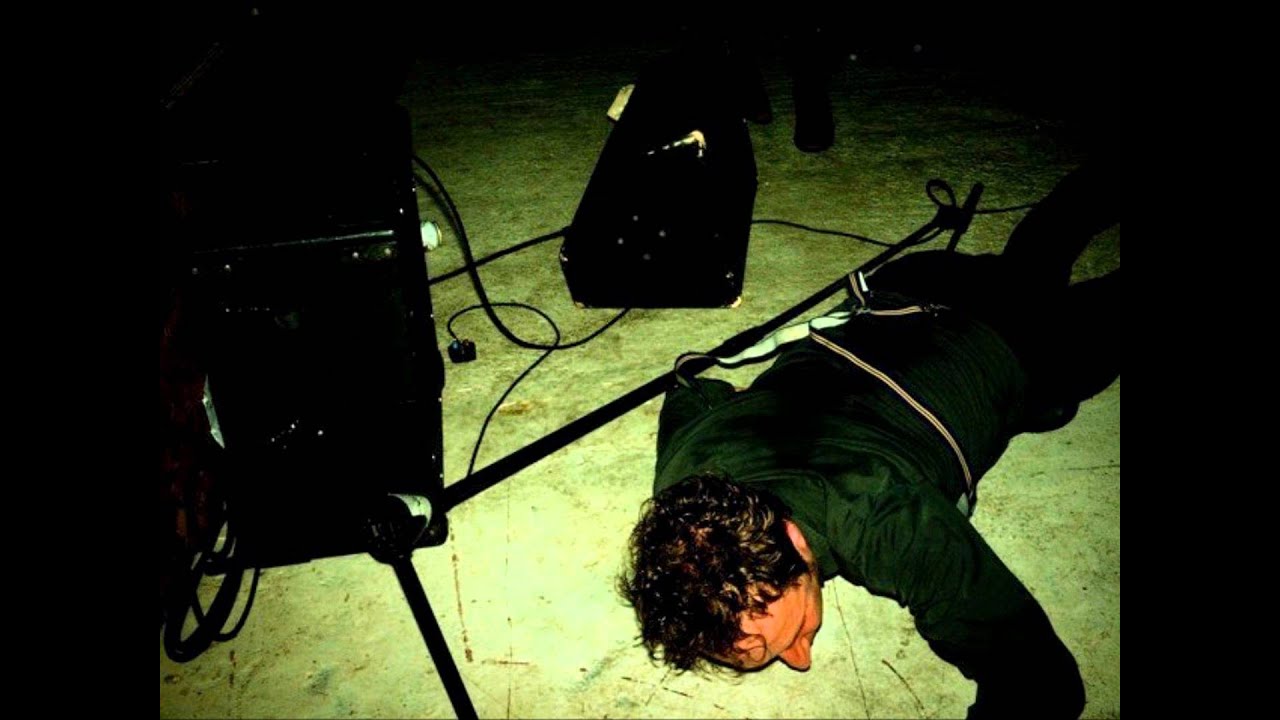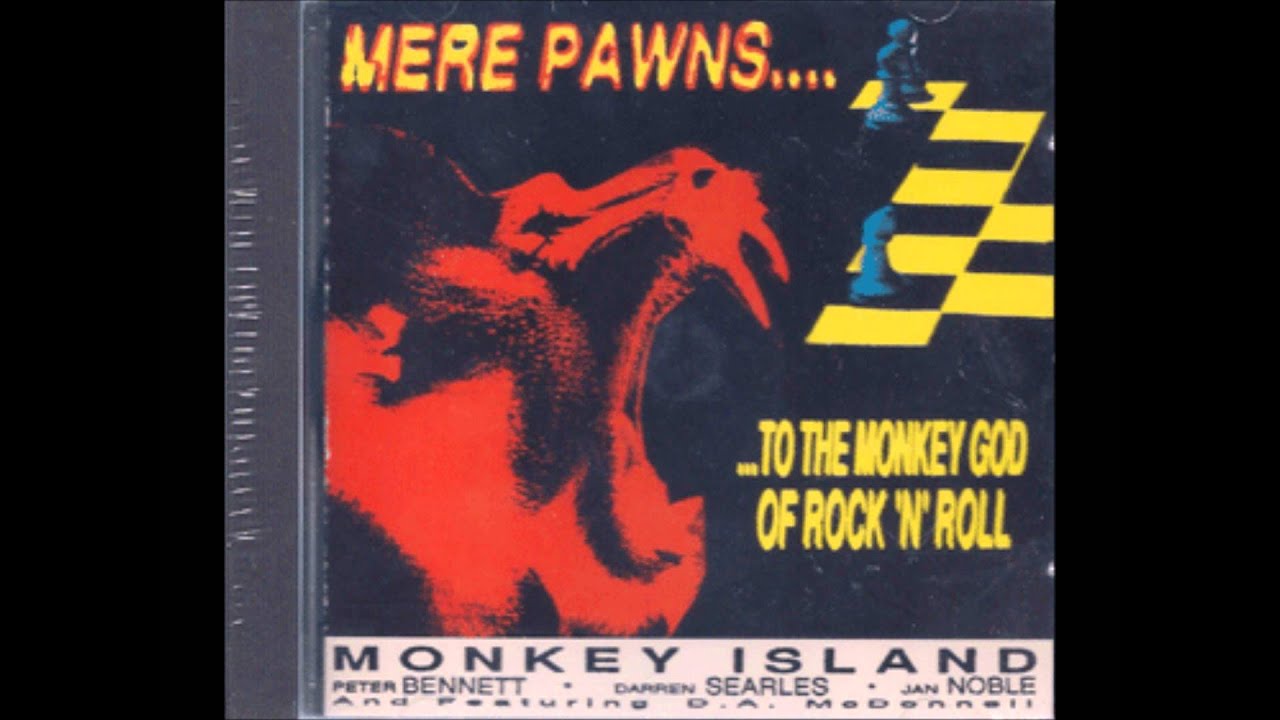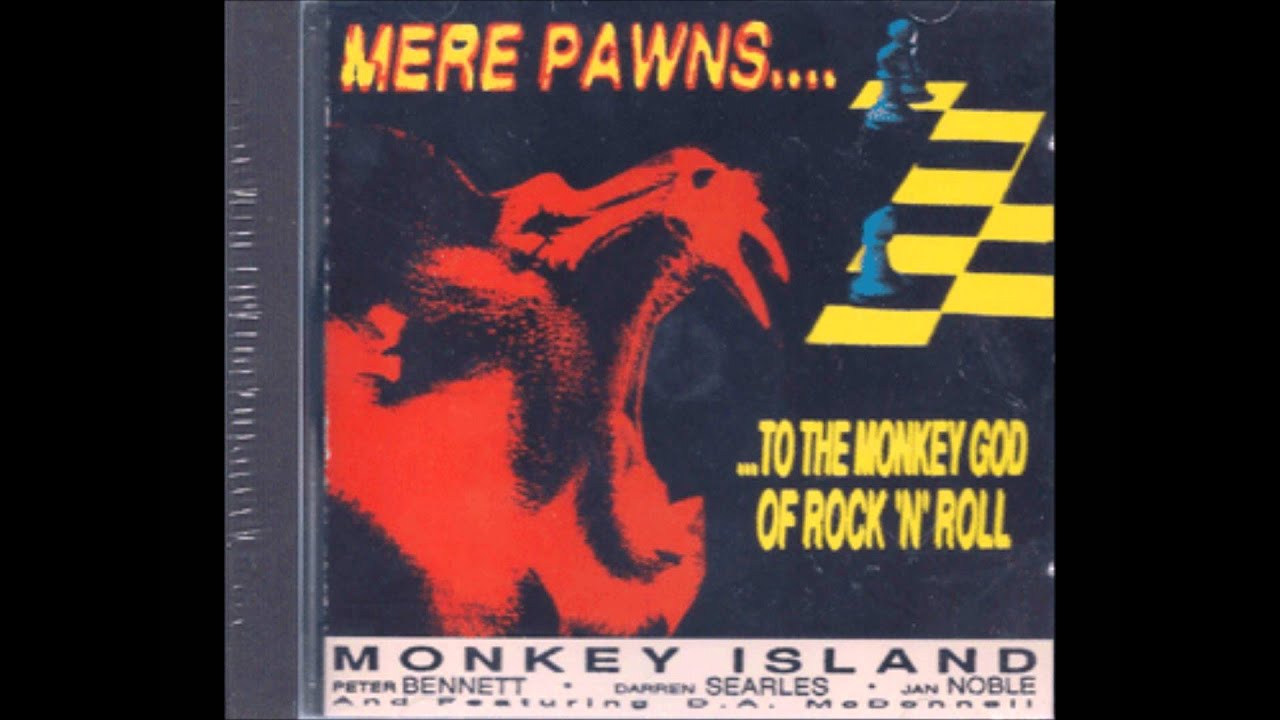One of my favourite books is Four Lives In The BeBop Business, by poet/critic A.B. Spellman. First published in 1966 (and now available under the somewhat less enchanting title Four Jazz Lives), Spellman’s tome traces the careers of Cecil Taylor, Ornette Coleman, Herbie Nichols and Jackie McLean, four musicians who broke radical new ground within jazz. The book is fine when exploring how their work shifted paradigms, but its greatest strength lies in its portrayal of these artists’ struggles within an entertainment industry that rarely rewards innovation – as the title suggests, his focus is skewed more toward the lives of these musicians than the output that follows.
Spellman doesn’t flinch from the grim reality of his subjects’ situations, or the bitterness they sometimes succumbed to, but what makes his narrative so compelling and seductive is the heroism he identifies in their pursuit of their own unique visions, often in the face of disinterest, hostility, poverty. This single-mindedness, this dedication, is portrayed as valour in its own right, and Spellman’s work – and the way he compares the artists’ contrasting experiences – illuminates the music they ultimately produced.
I’ve often fantasised about penning a similar book – a kind of Four Lives In The Punk Rock Business, if you will – with a similar narrative exploring four very different careers within the punk rock game. And if I ever get such a project off the ground, Peter Bennett would, without question, be one of my subjects. Since the 1990s, Pete has fronted Monkey Island, the London-based garage-rockers whose fractured riffage and venomous lyricism may not have won them much in the way of material reward, but who remain one of the greatest groups I have ever seen.
I’ve never subscribed to the canard that all ‘corporate’ rock is soulless garbage, or that only the meek and the shallow can prosper in the gonzoid foofaraw of the music business – plenty of my heroes now live comfortably as a result of making music that is challenging, enlivening and entirely soulful. But in my years as a music journalist, I’ve sat in countless tourbuses, dressing rooms and hotel suites with artists who have nothing to say, whose missions are devoid of drama or passion, whose ideals are suspect, and whose stories are entirely uninspiring. Give me a righteous struggle any day. Those are the stories that keep my blood warm.
In such a spirit, Pete Bennett has been a constant inspiration, a man who puts into practice convictions that for so many are mere punk-rock rhetoric. He didn’t necessarily come to the game with dreams of hard toil and self-sufficiency, but that’s how it’s played out, and Pete’s story is an exemplar of DIY ethics and fierce drive. To keep Monkey Island alive, Bennett and his bandmates have released their own albums, booked their own tours, worked on building sites to finance recording sessions and keep their van trundling on to the next venue. It’s been, at times, a lonely road, and doubtless there have been moments when it’s all seemed futile, but Bennett has kept on, doggedly, in the face of sometimes outrageous misfortune.
In this piece, and the second part that will follow, I’ll explore Pete’s journey, the mission of Monkey Island; the obstacles they’ve faced, the reward that has followed their efforts, and their experience of negotiating artistic ambitions, ethical questions and the realities and results of the choices they took. It’s not a glamorous story, it’s certainly not the typical ‘rock’n’roll’ fantasy the music press typically celebrates. Technological progress and the ongoing gentrification of formerly crumbling corners of London have already rendered details and sections of Monkey Island’s story relics of another time – Stoke Newington is no longer a nest of squats and cheap housing; there’s this thing called the internet now that makes booking shows, etc, a damn sight easier – and these wrinkles are fascinating to me. But I daresay there’s a lot in Pete’s story that’ll be familiar to other musicians and artists, trying to make it happen off their own backs, with no real gameplan at hand, just taking it one gig, one seven inch, one rehearsal at a time.
Bullshit Detector Vol. 1
Pete’s story begins in his hometown of Blackpool. His mother was "an acrobatic dancer, she was qualified as a ballet dancer," he says. "Her first husband had died onstage, and she went back on the night after."
Her second husband, Pete’s dad, never trod the boards. He’d been a milkman, until Pete’s mum told him to get an O-Level. "He was a highly intelligent guy who never went to school very much, because of illness, but he had a gift for mathematics. He did the whole Blackpool Council’s accounts; they gave him a box of pencils and a cupboard full of paperwork and he sorted it in a couple of months, without a calculator. Stunning guy. Totally community minded; my mum ran a dance school at the community centre. They weren’t educated people, but they were liberal. In a redneck town, it’s important. Put Bob Marley and Crass albums in along with that, and you’ve got some sort of political education going on."
Along with Marley and Crass, teenaged Pete was in thrall to Dead Kennedys, and also Bullshit Detector Vol. 1, "a compilation of terrible-sounding recordings of garage bands" released by the Crass collective. "It was so inspiring," Pete remembers. "My mate used to drum on a stool with the cushion ripped off, because he hadn’t got a snare drum, and I used to sing the lyrics to ‘Do They Owe Us A Living’. There was a really raw version of Crass doing that on Bullshit Detector, and I liked it, so we’d copy that. We thought, ‘We haven’t got any instruments, we’ll do that.’"
Blackpool might have been a redneck town, but it had a punk scene of its own, led by John Robb, frontman of The Membranes and publisher of Blackpool ‘zine, Rox. Pete’s connection came via a friend who played in a local punk group. "He wrote the songs to the first album by this punk/skinhead band, One Way System," remembers Pete. "But he was a really conscious socialist, writing these ‘Britain’s falling apart’-type lyrics. The bass-player had become the singer, and they wanted me to play bass. They liked the way I looked, because I had spiky hair and a studded jacket. I said ‘Yeah, I’ll do it.’ I had about four rehearsals with them in Fleetwood, which was a pretty scary place, a lot of skinhead violence. I’d never played the bass before, I’d chugged away on the guitar and played the piano a bit. But I just couldn’t do it. But it really spurred me on to want to play music."
Pete went on to form a series of his own groups. "You could call them garage bands," he says, "but we didn’t really look at it like that. We thought we were brilliant, we really wanted to do something. I was into stuff like Hanoi Rocks, rock music, rather than stuff like the JAMC, that whole staring-at-your-shoes, we’re-really-cool kind of thing. Hanoi Rocks were more appealing. Then I had another band, called The Hole In The Wall. We sounded a bit like Echo & The Bunnymen and The Smiths. After a while, you realize you’re just not pulling any girls with your winkle pickers and leather jacket, so you grow a fringe…"
Pete went on to study at Canterbury College Of Art, but he didn’t start a band there until his last year, an Afrobeat-inspired group with Pete playing guitar, and his friend Danny playing drums. "I wrote the lyrics. It was like proto-Happy Mondays, really funky, with cut-up political lyrics over the top. I’d starting listening to loads of James Brown, Public Enemy and Run DMC. It was a real eye-opener."
The band played several shows, until Danny walked offstage mid-song one evening, handing the drumsticks to a member of the audience, who sat behind the kit and began playing. This new drummer was no stranger to Pete. "Jan Noble was a student at Canterbury, only he kept getting kicked off the architecture course," Pete smiles. "He approached his classes like an art project, designing buildings that were uninhabitable. So then he moved to a Fine Art course. His dad was a drummer, who’d played in the Salvation Army band The Joy Strings, the ones the Buzzcocks reference in ‘Orgasm Addict’. Jan and I got on really well; he wanted to be an artist and a poet, and I wanted to be a lyric writer. We took it really seriously."
The sodium lights flickering, out of our heads drunk and angry
Monkey Island took proper shape in the early 90s, after Pete moved to London to study a Master’s at Chelsea College Of Art. Jan was on the drums, Jan’s friend Darren Searles played bass, and they had a singer called Richard, an artist who would sing Pete’s lyrics from a notepad because he couldn’t be bothered to learn them, and who Pete replaced as a frontman after Richard didn’t bother to turn up for a show at the Camden Falcon.
They took the name Monkey Island in 1992. "John Major had just gotten voted back in, and we couldn’t believe it," says Pete. "I was dating a German girl, and she told me the Germans called the English ‘Island Monkeys’. It was a drunken moment, walking through a subway somewhere, the sodium lights flickering, out of our heads drunk and angry. And I said to the guys, ‘Look at this place, we are just a bunch of monkeys, voting the same old shit back in, like we’re lab monkeys pressing the button for a peanut, like that experiment with the chimpanzee and the tray of cocaine. That’s what Britain’s like.’ So we called ourselves Monkey Island. We didn’t know it was a song by the J Geils Band, we didn’t know it was a video game, or a hotel on the Thames, not any of those things. We knew it was a song off the first 13th Floor Elevators album, which I loved, and that was all that mattered."
The trio shook off their funk-punk origins and embraced a wider array of influences: gig-mates PJ Harvey and Jacob’s Mouse inspired them to evolve a blunter, louder sound; cheap vinyl purchased from Ray’s Jazz Shop in Soho opened their minds to new ideas ("I love jazz because I can’t play it," says Pete. "It sets me on fire.") Another key reference was Hound Dog Taylor, a Chicago bluesman whose music Pete had discovered while at Canterbury. "It was no surprise to learn later that Jon Spencer was really into Hound Dog Taylor and the House Rockers," Pete says. "They had two guitars, one with the amp set up really bassy. Hound Dog played, like, a ‘Jack White’ guitar, a Woolworths guitar, with lots of pick-ups, playing really driving, raw blues, and it just blew my head off."
The grubby sound fit their unglamorous existence. Pete was working nights at Citylink Parcels, on the conveyor belt, and moonlighting as a cycle courier. "It was just dreadful," he laughs, "sitting around with no money, eating kebabs, trying to be an artist. I lived in a metal shed in Cable Street, above a cement works. The windows wouldn’t shut. It would drip all through the wet season, and when it got cold there’d be a massive icicle hanging from the roof."
Cable Street was just the first in a series of since-gentrified London gutters Monkey Island took as their home. Next they moved to Leytonstone, just as the M11 link road was being built through it, living in a soon-to-be-demolished squat near the woods where Spiral Tribe were holding illegal (and awesome) raves. "Spiral Tribe and the anti-road protestors declared it a republic, Leytonstonia," remembers Pete, "a lawless place with a really great community spirit. There was an old lady in her 90s, Dolly, and the crusties looked after her. She refused to vacate her house, she wanted to die there. The government built a motorway through hundreds of perfectly good Victorian residencies, which should have been Grade 2 listed buildings. It felt like a last stand."
After that, they moved to ‘the poets’ house’, a residence in Brixton packed to the rafters with starving wordsmiths, including their friend Steve Micalef, a Bermondsey boy who’d scored a scholarship to Oxford and ended up helping write Sniffin’ Glue fanzine. "I was living on the floor there, with Micalef, in a room full of records and books, with a broken piano and tonnes of music," Pete says. "Just writing poetry all the time, as was Jan. We had a really inspiring landlord, Jegs, a Nigerian wide boy who had his fingers in loads of pies and was already onto the internet. He got us on the internet when it was just a green screen… ‘I’ll get you a presence on there, old boy,’ he said."
The trio soon shed any naivety about the music industry they were trying to infiltrate. "We’d come to London with this idea that we’ll make our music and somebody – an independent label, any label – will appreciate what we’re doing. But nobody liked us: the mainstream didn’t like us, the underground didn’t like us. It was really disheartening. But we met this network of people who’d made their own records. It was second nature to me; I’d grown up with the punk thing, so of course that was how it worked."
Like a machine, destroying everything
Having discovered that unless they Did It Themselves they wouldn’t get to Do It At All, Monkey Island cut a single, Plain/Shining Thru, released on a label started by Pete’s then-girlfriend, and recorded by old Blackpool contact John Robb at Suite 16 Studios in Rochdale, where Joy Division had recorded ‘Atmosphere’ years before. Cathi Unsworth wrote about it in the Melody Maker: "She said ‘it fucks about with rock music’," says Pete, "and we were like, yeah, that’s what we’re trying to do." It even got play from John Peel.
"Peel rang us up once, when we were living in Leytonstone," adds Pete. "We’d sent him a demo tape, and I’d written to him later, saying ‘Either a) you don’t like it, and fair enough, or b) you’ve lost it, I can sort you out another tape, or c) you don’t really listen to everything you get sent, like you say you do.’ And he said, ‘I really do listen to everything, please believe me! I’ve lost the tape, can you send me another one?’ And he still didn’t play it, because it was rubbish. But he chatted to us for ten or fifteen minutes. It was completely amazing. He said, ‘Where are you from? I recognise your accent. I’m from the Wirral. Wish I still lived in North Yorkshire.’ He was really lovely."
The band then undertook their first tour of the UK, taking a bunch of their poet friends along as support, and booking all the dates themselves. "The underground network was still there, stronger than ever," Pete says. "We discovered it through fanzines. It was a book of numbers, and we’d ring people up. Jay Taylor of Gold Blade would tell us who to get in touch with, like the girls from Pink Kross up in Glasgow, they put gigs on. We’d see we needed a gig in Birmingham to get us up to Manchester, and they’d suggest people to contact."
The tour, Pete says, was the making of the group. "The first gig was in Leicester. It was like an indie-rock Spinal Tap: we turned up at the wrong venue and demanded to know why we weren’t on the poster. ‘Because you’re playing next door.’ Ah, okay. But the shows were amazing. We were really going for it, and we had the poets, Micalef and George Lee, performing before us. But we were a couple of gigs into the tour, and I called my mum up, and she said, ‘Your dad’s in hospital, he’s had a heart attack.’ And I said, ‘Okay, forget the tour, I’m coming over.’ But she said no.
"My dad knew it meant a lot to me, he knew I was working really hard. I knew he’d been ill, but we were coming up to see him, and he really wanted to meet the guys and that. He just loved it, was really supportive. I said to him, ‘It just takes a long time, Dad’, and he said, ‘Yeah, it does take a long time. But you’ll get there.’
"So my Mum rang up and said, ‘He wants you to carry on with the tour, and he’ll see you in four days, when you arrive.’ So we played Nottingham the next night, and me and Jan knew in our hearts he wasn’t gonna make it. It was obvious. We just played like we were trying to turn the clocks back, like it was gonna make some sort of difference. We were playing like we’d never played before, it was just unbelievable. And we played like that every night afterwards. But the morning after the Nottingham gig, I rang Mum, and she said Dad had died at six that morning. I just sort of collapsed, slumped down in this phone box. Everyone else was asleep, we were staying at somebody’s house. I sat in the front room and watched Taxi Driver on video…
"And then we just carried on playing. We played Sheffield, we played Manchester… The word got out, John Robb had brought along a lot of people. The gift John gave us was, he told us we weren’t gonna fuck up these gigs, that we were gonna play ’em like we were fucking Nirvana. It was just totally emotional, but at the same time we were like a machine, just destroying everything.
"We played in Blackpool the day we buried my dad; we played that night. We showed my mum a video of it; she said I shouldn’t move from side to side, I should always move forward and backwards. Jan and Micalef read her their poems… It was amazing, a real bonding moment. Micalef’s dad had died about a week or two before from pneumopermeosis, from skimming concrete for the Bermondsey estates without a mask. His dad built Bermondsey Estates. We were on a massive mission, we were against the world, we were righteous, we had purpose. We went up to Glasgow, and one of our poets went AWOL – George – he lost it. It was just a massive adventure, in a van. It was brilliant. We were in our twenties, we did it."
All night drinking and Turkish coffee
It was on this first tour that the group debuted a new song, ‘The President’, an epic, surging tornado of tension and noise that made good on their intention to fuse the fury of punk-rock with the acid-edged articulacy of poetry. It was a sound they’d begun to perfect while living at the poets’ house in Brixton.
"I was playing this psych/dirge thing," remembers Pete, "and Jan said, ‘I’ve got some words, can I just read them over that’. We’d started this thing, where we’d sit up late at night, him reading his poetry to me. It was amazing. He’d stare at you, you wouldn’t know if he’d kiss you or thump you, and he’d read a poem. He started writing these surreal, but really funny, dark-humoured stories."
Returning to London after the tour, their landlord, Jegs, found the group temporary new digs in Stoke Newington, where they found new friends in a local underground scene then percolating. "The whole area was really vibrant," Pete remembers, of mid-90s Stokey. "There were bars where you could buy a bottle of beer for 50, 60p, Turkish drinking bars. We’d walk in there, they’d switch the porn off and we’d play pool. This was the whole scene, fuelled by all night drinking and Turkish coffee, with all these bands, like Tiger and the Warm Jets and Quickspace."
And Penthouse. This four-piece – featuring the lacerating slide-guitar of Jon Free (later of Gin Palace), the chest-caving stomp drums of Tim Cedar (later of Ligament/Part Chimp), the gutter-skulking bass of Graeme Flynn and the pervert-bluesman growl of singer/harp-player Charlie Finke – would prove Monkey Island’s most kindred spirits in this Stoke Newington scene.
"Penthouse were amazing," says Pete. "They upped the ante for us. I saw ’em play one gig at the Camden Crawl, and they blew Gallon Drunk offstage, which wasn’t easy. They got me listening to the Birthday Party. And through them we met Nigel Adams, who ran a label called Butcher’s Wig."
In the mid-90s, there were few labels that could match Butcher’s Wig for the sheer onslaught of twisted blues, garage and punk-rock noise Adams pressed up: Country Teasers, Chrome Cranks, Gallon Drunk and Petit Vodo all cut cherishably demented music for the label, while anyone who doesn’t already own their Don’t Tread On Me compilation – subtitled ‘Rock & roll done right, fourteen times’ – is advised to track down a copy at their earliest opportunity.
Adams approached Monkey Island about appearing on Butcher’s Wig’s second release Gone Got Wretched, where they’d share a side with Penthouse, with American garage hellions Dura Delinquent and Delta 72 on the flipside. Monkey Island’s contribution, a helter-skelter instrumental entitled DA’s Theme, was penned in tribute to their newest member, harmonica-player DA McDonnell.
"I was living with this girl who was very eccentric," remembers Pete. "She used to conduct exorcisms. A Christian mystic, she used to sit in a corner of my room and stare at me all night, but not in a ‘fancying-you’ sort of way. She was caretaking a vicarage in Kentish Town and let me live there. DA lived across the road with his mum, and he’d heard the noise from one of our parties. He said, ‘I can play anything’, so I smashed something out on the piano, some Cecil Taylor-type noise, and he said, ‘I can’t play to that. I’m a blues harmonica player.’ DA was a big London Irish guy, arms like my thighs. He was a blues musician. He dug railroad ditches. Totally authentic."
To cut the track, the group booked some time at Islington’s Pathway Studios, a legendary bolt-hole where Elvis Costello, Nick Lowe and the Police had all recorded. The Damned cut Damned, Damned, Damned there, while Madness later recreated the landmark pathway session that yielded debut single ‘The Prince’ for their biopic Take It Or Leave It.
"John Robb was sitting there when we got there, with his feet up," remembers Pete. "He’d said, give us train fare and I’ll do it. We cut ‘DA’s Theme’. And then we just carried on – John just said, ‘Keep going, keep going…’ Before, in the rehearsal studio, I’d said we had some other songs. And we did the whole album in 13 hours, including mixing."
That album, Monkey Island’s debut long-player Mere Pawns To The Monkey God Of Rock ‘n’ Roll, was a hurtle of gnarled iron riffs, sinister twang and full-pelt hurtle that was savage in all the right ways. It was 1997, and with the Blues Explosion in the ascendant, London’s indie clubs were awash with sleazy gutter trash, be-quiffed garage-y bands who all looked like their days were spent pumping gas in the Midwest. Mere Pawns proved Monkey Island a switchblade cut above, their dervish thrash unspooling weird, darkly hilarious tales of the unexpected: ‘Johnny Above All”s disgraced, brain-damaged pilot who spent his days teetering on 8-foot stilts, ‘She’s Wearing Thin”s Plath-quoting anorexic, ‘Head Of An Ass”s donkey-bonced bar-hopper. And ‘The President’, ten minutes of Can-goes-garage throb soundtracking futile acts of minor terrorism against the president of Argentina.
"Jan’s stories were amazing," says Pete. "It was totally intimidating being in a band with him. I was the frontman, because I was in the front. But then we moved the drumkit forward, and he became the frontman on his songs. It was a different dynamic. I was totally protective of him; we played a gig at the Dirty Water club, and somebody grabbed the mic while he was singing, shouting ‘Wanker! Wanker!’ There were loads of our mates there, I was hoping one of them would just take the mic off him; he was all coked-up and lairy, thinking ‘Yeah, I could have a bit of that’. I kicked the mic away from him, and he fell on the floor and carried on, on the floor. I picked up a monitor above my head, a wedge monitor, and threw it on him. His mate dragged him off. He survived, but that’s how protective I am over Jan. I was sticking up for the song; he was ruining Jan’s lyrics, and they were amazing…
"I think John Robb was a bit nervous about releasing the album, really," adds Pete. "He said, ‘Maybe you should put it out as a bootleg or something.’ But I thought it sounded brilliant. We put it out on our own label, and Jan did the artwork, back in the day when you had to employ someone to do some really basic typesetting and photo-shopping. We were on our own, and we trusted ourselves. We were so tight-knit. Darren and Jan are still my best friends, I’d die for them."
At the close of the thirteen hour session, the group repaired to the Weaver’s Arms on Newington Green Road for a restorative pint of Guinness. "The tragic thing is, we went back to my house afterwards, and my best mate was there, out of it, with a needle sticking out of his arm," says Pete. "I’d grown up with him, known him since we were two years old; we were best mates. He’d gone to college to do journalism, and gone all kind of Hunter S Thompson. He died in his 30s, of a heart attack from years of abuse… That’s what the band was like, coming back from a moment like the recording session, to find this guy we loved lolling on the ground, all fucked up."
You have half an hour to change the world
Their debut album now out in the world, Monkey Island returned to the road. "We booked a thirty date tour: four were cancelled, one we cancelled ourselves, in Crewe, because we turned up there and there were tribute band posters all over the walls, and we said to the soundman, ‘We’ve just walked through a snooker hall to get here, do you think anyone’s gonna turn up tonight?’ And he just said, ‘No’, and we were like, right, we’re off! And we went home and drove back, went to a Turkish bar and got drunk.
"We started looking for other venues to play, off the circuit. I got the Real Ale guide and sat in the pub every day, highlighted every venue that did music and phoned them up, and we got loads of gigs out in Cornwall and places like that. When we came back, we said, ‘We ain’t drinkin’ no lager no more.’ Jan and I started drinking real ale.
"We found more underground gigs, threw in a few university gigs with Britpop bands who were really generous and gave us drumsticks, bags of them, because they were sponsored. We blew them all off the stage. I swear, some years back we played with a proto version of the Arctic Monkeys in Sheffield one night, to like three people, and got paid twenty quid. Our van had caught fire on the way up; it’d cost me a hundred quid to fix. The promoter said, ‘Will you give a tenner to the support band as they’re local?’ I said yeah, of course. They were playing Oasis covers. I swear it was them."
Burning tourvans, empty venues, twenty quid as payoff – such anecdotes aren’t the entirety of Monkey Island’s touring experiences, but they happened. In the face of such events, the group didn’t flinch. They kept on, and on, for years. It wasn’t a living, not by some distance. But it was a life.
"You do sums over the year: the amount of petrol you bought, the amount we spent on the CDs…" says Pete. "We’d drive to somewhere like Nottingham, play an amazing gig and then throw a load of CDs in the audience. What makes it worthwhile? It wasn’t, ‘Our songs are brilliant, we’re the best band in the world’. You’re just wrapped up into that world, and it’s your art. We were on a massive mission to change the world. When you play a gig, you have half an hour to do your stuff, to put on the best rock & roll show, whatever you’re going to do. And all them people who are there, maybe they just take something of that away and think about something. It’s to empower people, to empower yourself. It’s music with a purpose. Maybe other bands don’t think like that, maybe I’m deluding myself. You have half an hour to change the world. And you can do that, in half an hour."
Next: Further albums, further struggle, a falling out, and a rebirth.
PETE BENNETT: Pigeons in a Topiary Cut Bush, an exhibition of New Paintings, Drawings and Prints Curated by Billy Childish, opens at L-13 Light Industrial Workshop 31 Eyre St Hill Clerkenwell EC1R 5EW, on Tuesday 12th July, and runs until 26th July.

